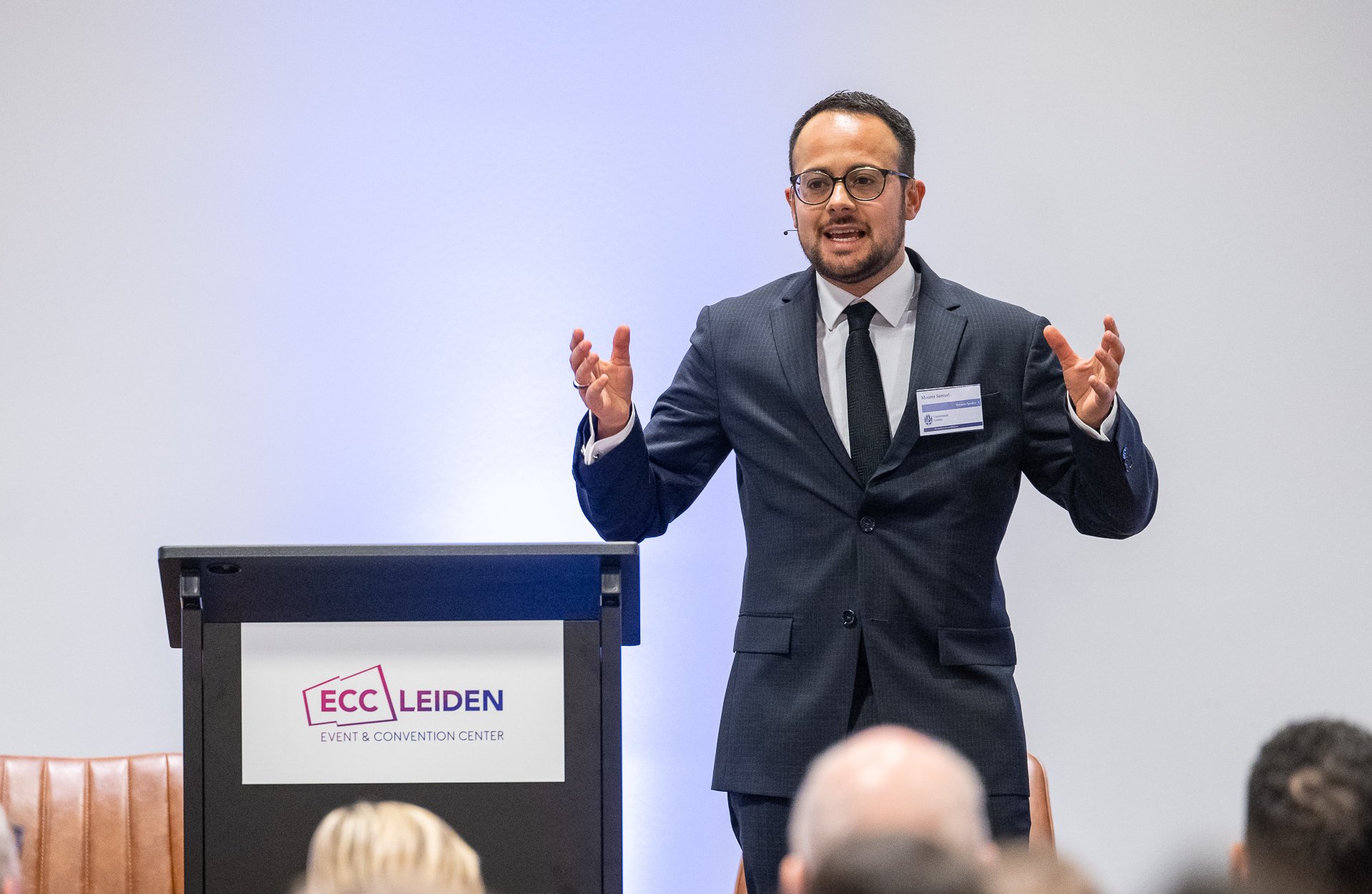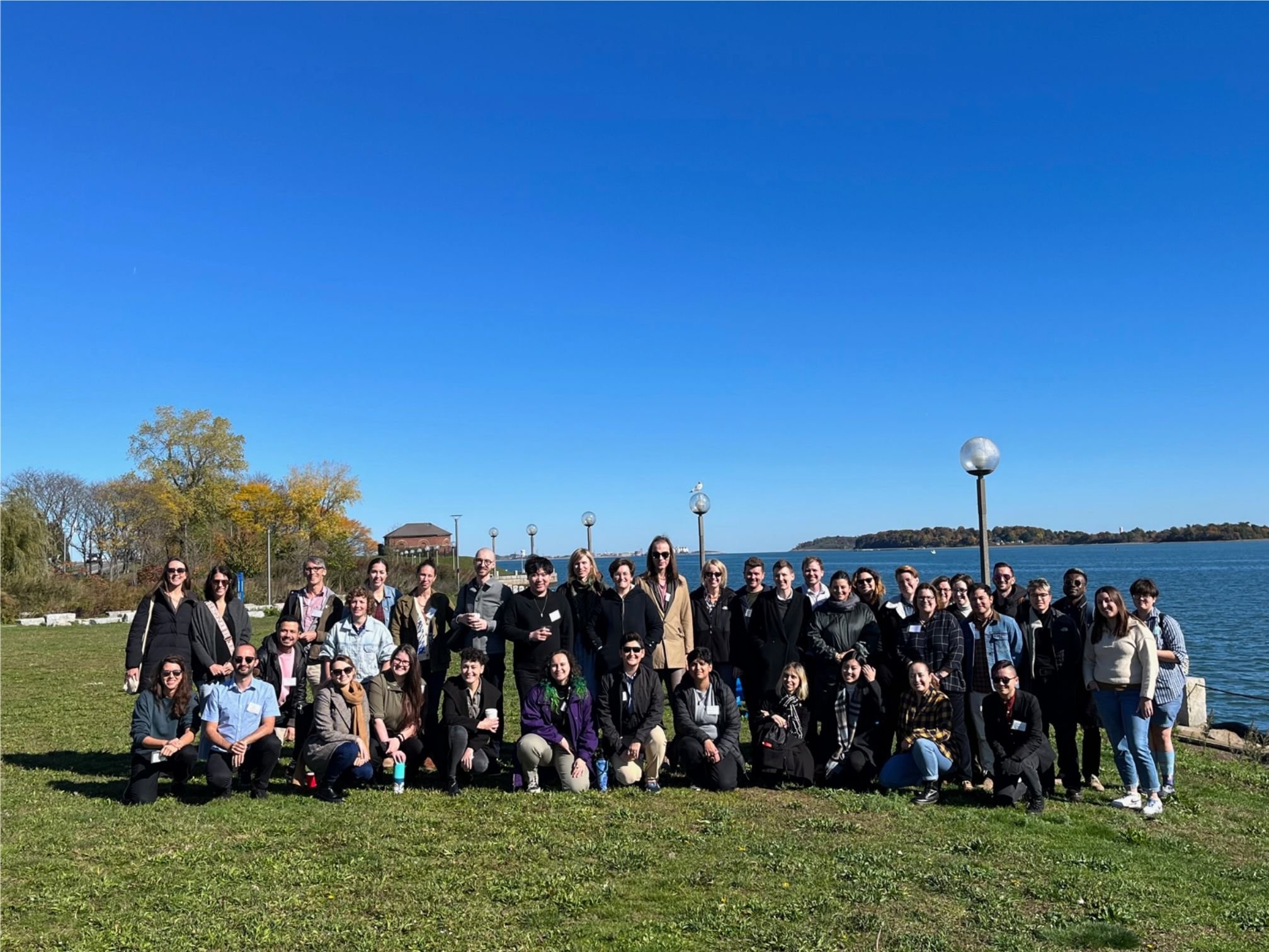Language matters. It contributes to whether someone feels like they belong or whether they do not. In what ways inclusive communication can make people feel like they belong was the focus of the Diversity & Inclusion Symposium "Language, Inclusion and Belonging" at Leiden University last week.
It was an inspiring day where several speakers gave their insights on the topic. I was especially struck by the contribution of Wayne Modest, Endowed Professor of Material Culture and Heritage Studies at VU Amsterdam and Director of Content at the National Museum of World Cultures and Wereldmuseum Rotterdam who encouraged the audience to rethink polarization. Rather than being afraid of it we should consider the possibility that perspectives that were hitherto silenced are finally coming to the surface.





The symposium yielded inspiration and information about the different ways in which issues such as diversity and inclusion are present and experienced within the university. And specifically, how this resonates with students and staff, as well as policymakers. I thought the panel discussion with Wayne Modest, Mounir Samuels (author and political scientist), Annetje Ottow (President of the Executive Board), Aya Ezawa (Diversity Officer), Jordy Simonis (student), and Mark Rutgers (Dean of the Faculty of Humanities) was also very interesting and showed the added value of this symposium, as panelists had different perspectives which created some friction. To me, this showed how uncomfortable the conversation about diversity and inclusion can be. Yet, it simultaneously underlines the importance of starting and staying in conversation with each other. The session was ended with a beautiful and thought-provoking contribution by spoken word artist Kevin Groen.













